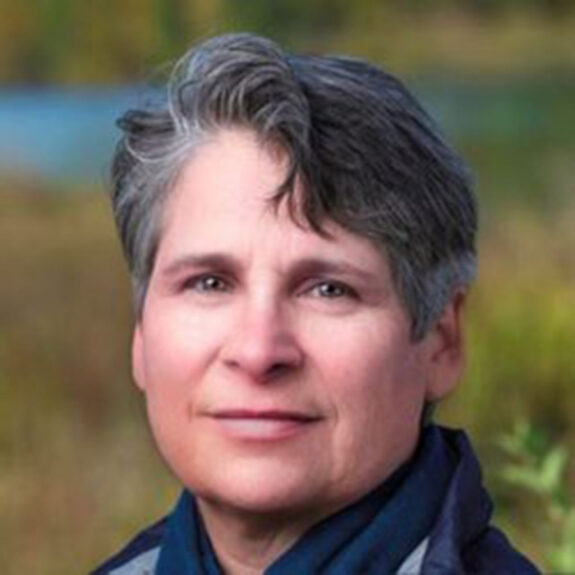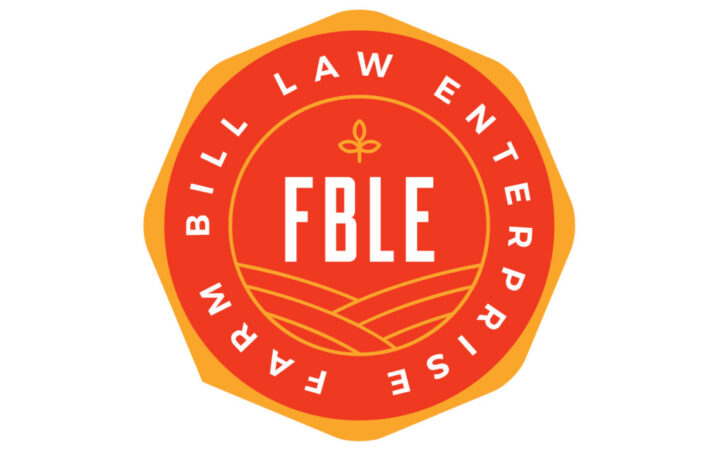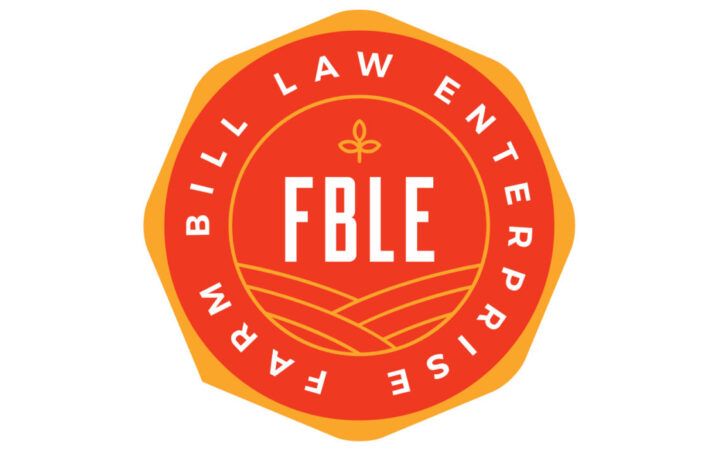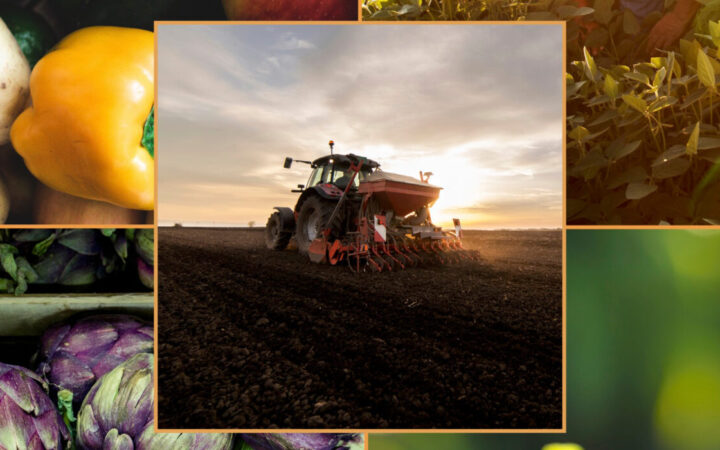This backgrounder surveys the history and evolution of farm bill conservation programs since the 1930s, provides an overview of the Conservation Title of the 2014 and 2018 Farm Bills, and outlines and identifies several key issues that will inform debate as Congress considers conservation reform in the 2024 farm bill.
The farm bill attempts to address a variety of national environmental challenges associated with agriculture. Title II of the 2018 Farm Bill, the Conservation Title, provides billions of dollars to support voluntary conservation through an array of voluntary programs, as well as mandatory protections for soil and wetlands known as conservation compliance.
Environmentalists, public health advocates and rural leaders worry that America’s agricultural policies have contributed to widespread depreciation and misuse of natural resources, levying local tolls on natural resources while threatening the country’s ability to ensure a robust and sustainable food system into the future. Others note that agriculture policy largely ignores changes to the climate, including agriculture’s role in mitigation and need for adaptation. Although they often disagree around specifics, many observers agree that reform of farm bill conservation policy and implementation could result in significant improvements in soil, air, water and biodiversity. For example, changes to the existing conservation compliance regime could address a range of challenges from rural development, soil health, agricultural resilience to the effects of climate change, and public health.
The first section of this backgrounder surveys the history and evolution of farm bill conservation programs since the 1930s. Section II provides an overview of the Conservation Title of the 2014 and 2018 Farm Bills. The final section outlines and identifies several key issues that will inform debate as Congress considers conservation reform in the next farm bill.
Find the complete set of reports from the Farm Bill Law Enterprise at farmbilllaw.org.
Suggested Citation
Renner Walker et al., Conservation, Farm Bill Law Enterprise (Dec. 1, 2018), https://www.farmbilllaw.org/wp-content/uploads/2020/12/2018-Update_Title-2-Conservation.pdf.




